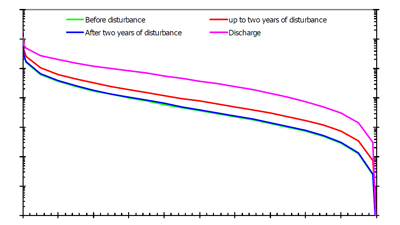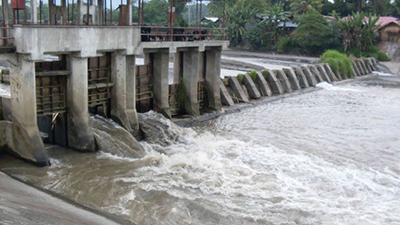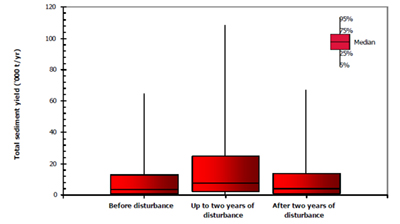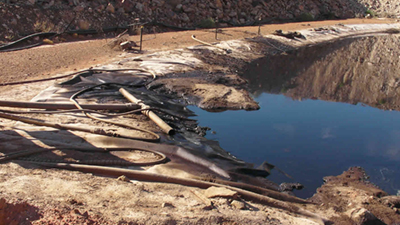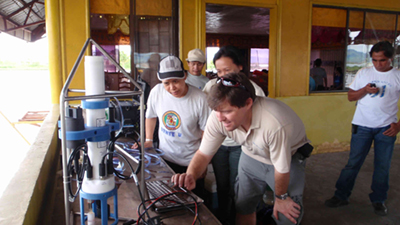Our Services
Hydrobiology can provide services in risk assessment and management with respect to impacts to aquatic ecosystems. Using a combination of risk modelling and designing innovative and targeted data/knowledge acquisition programs, we build more certainty around understanding your project risks. These services can be applied to assess cumulative impacts, monitoring programs and the relative benefits between various project options.
Skills & Techniques
Understanding and quantifying uncertainty in environmental systems lies at the heart of managing environmental risk. Environmental systems are rarely simple, usually variable, sometimes unpredictable and normally subject to a high level of uncertainty. Because environmental management is principally about managing risk, dealing with uncertainty is critical.
It is often very difficult or even impossible to predict environmental outcomes based on such uncertainty. Environmental systems behave in complex and random ways. Combine this with a poor understating of the environmental processes, variables and parameters, and risk management can be very difficult.
In the field of erosion and sediment transport, for example, there are a wide range of models available, some of which can give quite different results for the same set of input parameters or produce the same results with different combinations of input variables and parameters (the equifinality issue). Having selected a particular model, it is then often difficult to determine appropriate values for input parameters based on lack of field data, and the spatial and temporal variability of those variables and parameters. Overall, then, confidence in outcomes is often low. Similar analogies can be found in numerous other types of environmental systems.
Although—according to the old adage – all models are wrong, but some are useful, uncertainty can be incorporated into almost all modelling analyses using Monte Carlo methods, whereby uncertainty can be identified and quantified by repeatedly running a particular model with inputs selected at random from their pre-defined probability distribution functions. By analysing hundreds or thousands of possible outcomes, the probability of certain results occurring can be determined. The Monte Carlo framework therefore explores the reality and complexity of environmental systems, can deliver a range of outcomes including an understanding of system behaviour, dominant processes and their interactions and, ultimately, assist risk assessors and managers.
Hydrobiology has used the Monte Carlo methods in a variety of risk assessment projects including river hydraulics, erosion and sediment yield and the analysis of wildlife movement. Some typical applications are described below.
Our key skills and techniques include:
- Monte Carlo modelling
- Statistical analysis
- Data quality and gap analysis
Applications Risk Registers
- Evaluating data collection priorities;
- Identifying critical variables of complex environmental systems;
- Identifying how processes, variables and parameters interact;
- Prioritising management actions for situations where data and resources are limited; and
- Environmental risk assessment.

